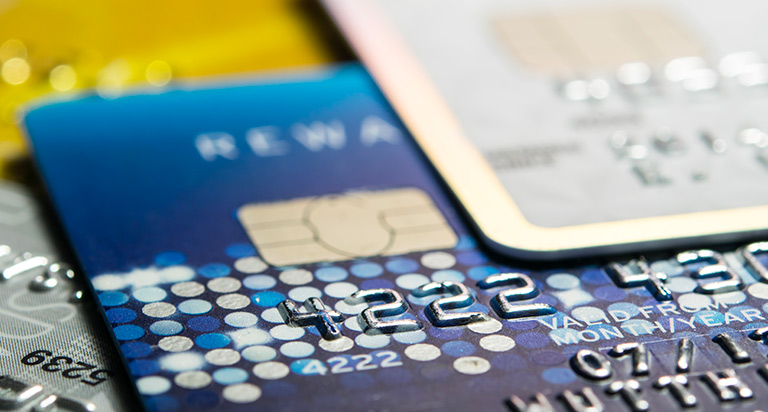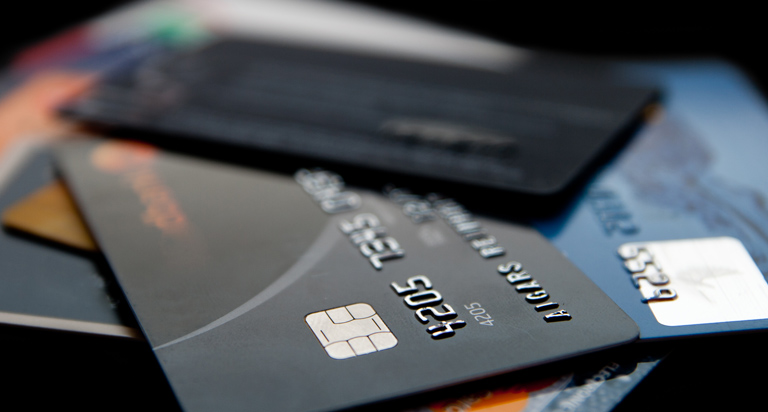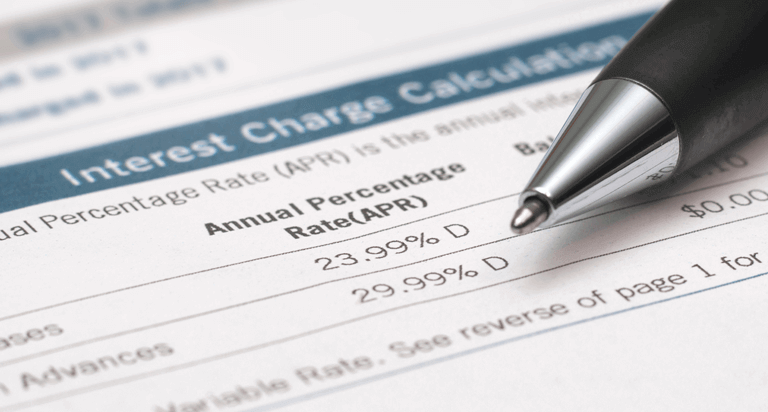Charge Card vs. Credit Card: What’s the Difference?


Highlights:
- Like a credit card, a charge card allows you to make purchases without paying cash. However, unlike a credit card, a charge card is not a revolving credit account.
- Charge cards generally have no predetermined credit limits. Instead, transactions are approved or denied based on your spending habits and previous financial behavior.
- Charge card accounts do not typically incur interest like credit cards do, but they may have substantial annual and late payment fees.
Charge cards and credit cards may seem similar at first glance. However, there are key differences between how each type of card works and how they may impact your credit scores. If you're looking to add a new line of credit to your wallet, be sure to understand the differences between these two options.
What is a credit card?
A credit card is a revolving credit account that allows you to borrow money, so long as you don't exceed the credit limit on your account. At the end of your billing period, you're required to make a minimum payment on what you've borrowed. Any remaining debt accumulates interest, based on your account's annual percentage rate (APR).
Credit cards and other revolving credit accounts remain open indefinitely and can be drawn upon as needed. Carrying a balance reduces the amount you can spend, but your available credit is restored as you pay back what you've borrowed.
What is a charge card?
Like a credit card, a charge card allows you to make purchases without paying cash. However, unlike a credit card, a charge card is not a revolving credit account. Charge cards generally have no predetermined credit limits. Instead, transactions are approved or denied based on your spending habits and previous financial behavior.
Each time you complete a transaction with your charge card, the amount is added to your balance. At the end of each billing cycle, you'll be required to pay this balance in full. Charge card accounts do not typically accumulate interest, but they may have substantial annual and late payment fees.
How does a charge card differ from a credit card?
What really separates a charge card from a credit card? A charge card has:
- No fixed credit limit. Charge cards don't typically have a set credit limit like credit cards do. Instead, your purchases are authorized based on your spending patterns, credit history and other financial details.
- No interest. Charge card users generally don't pay interest on their balance. However, they may be required to pay an annual fee, as well as late payment fees if their balance is not paid off at the end of each billing cycle. Credit card users, on the other hand, are charged interest on their unpaid balance. Some credit cards may also charge annual and late payment fees.
- No minimum payments. Unlike credit cards, charge cards don't offer the flexibility of minimum payments. In other words, you have to pay your balance in full each month.
- No effect on credit utilization. Your credit utilization ratio, which represents the amount of revolving credit you're using divided by the total credit available to you, is one significant contributing factor to your credit scores. Because a charge card isn't a form of revolving credit, it has no impact on your credit utilization ratio. However, a charge card can influence your credit scores in other ways. Payment activity is reported to the three nationwide consumer reporting agencies (Equifax®, TransUnion® and Experian®), so failing to pay off your balance each month can harm your credit scores.
Should I open a credit card or a charge card?
If you find an appealing offer for a brand-new charge card, should you go for it?
Credit cards have largely displaced charge cards in the consumer credit industry. As a result, charge cards are relatively rare, and not all merchants accept them. So, they may not be the best financing option for many borrowers.
First, consider your credit scores. Charge cards typically require good or excellent credit scores. If you don't have a perfect credit history, you can instead seek out a credit card designed for users with poor credit scores or little to no credit history.
You'll also need to consider how you intend to use your charge card. Without the option to carry a balance, a charge card can help prevent your debt from piling up. However, you'll need to be certain you have the means to pay off what you charge each month.
Under the right circumstances — and provided you can keep your spending in check — either a credit card or a charge card can help you achieve financial goals.



